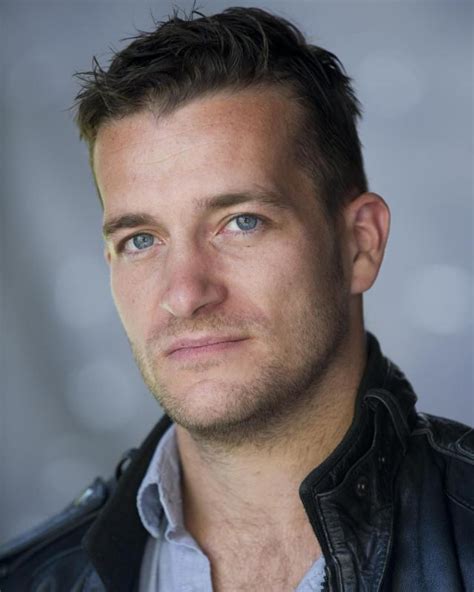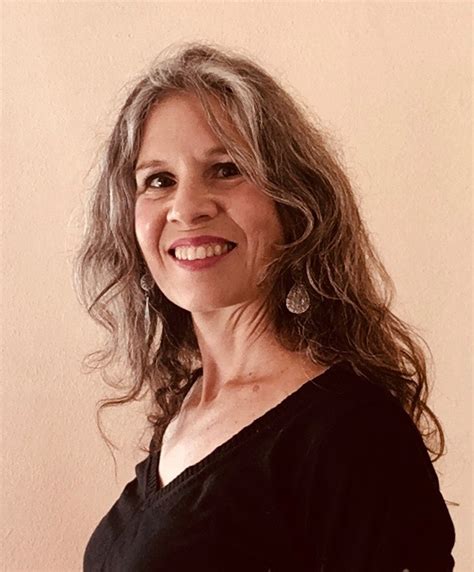A Quote by David A. Cooper
When you are deeply contemplative, you listen more carefully and understand things which cannot be articulated.
Quote Topics
Related Quotes
Teach your children to listen carefully and to speak thoughtfully. The best way to teach this is to listen carefully and speak thoughtfully to your children, from the time they are babies. Take their questions and ideas seriously... learning to speak and listen as if our words matter is fundamental to education. Dialogue is not the same as mindless chatter. Above all, listen, listen, and listen to your kids.
Do you not think that there are things which you cannot understand, and yet which are; that some people see things that others cannot? But there are things old and new which must not be contemplate by men´s eyes, because they know -or think they know- some things which other men have told them. Ah, it is the fault of our science that it wants to explain all; and if it explain not, then it says there is nothing to explain.
I think what everyone can do is start creating spaces and forums, talk to peers, friends and family, and start deconstructing these things we take for granted, unpack these old systems, in order to understand ourselves more deeply, to understand why we do the things we do and how our privileges affect other people's lack of privilege.
This is the path of prayer-contemplative prayer, that is, as distinct from simple prayers of supplication and thanksgiving-which is a specific discipline of thought, desire, and action, one that frees the mind from habitual prejudices and appetites, and allows it to dwell in the gratuity and glory of all things. As an old monk on Mount Athos once told me, contemplative prayer is the art of seeing reality as it truly is; and, if one has not yet acquired the ability to see God in all things, one should not imagine that one will be able to see God in himself.
Those who read books cannot understand the teachings and, what's more, may even go astray. But those who try to observe the things going on in the mind, and always take that which is true in their own minds as their standard, never get muddled. They are able to comprehend suffering, and ultimately will understand Dharma. Then, they will understand the books they read.
In general, it can be said that no contemplative life is possible without ascetic self-discipline. One must learn to survive without the habit-forming luxuries which get such a hold on men today. I do not say that to be a contemplative one absolutely has to go without smoking or without alcohol, but certainly one must be able to use these things without being dominated by an uncontrolled need for them.




































